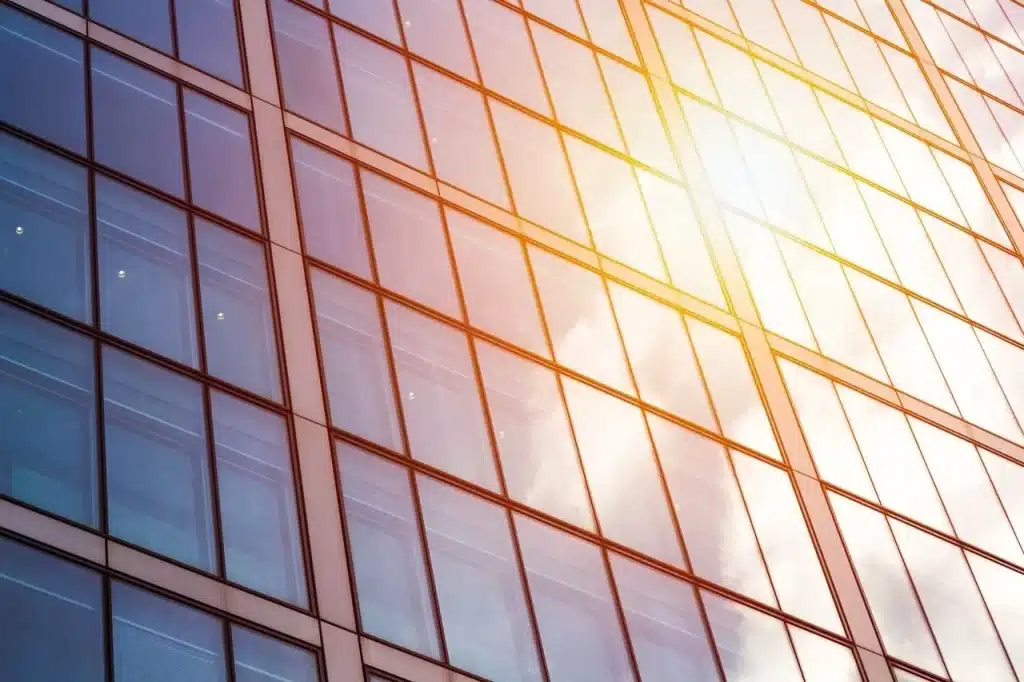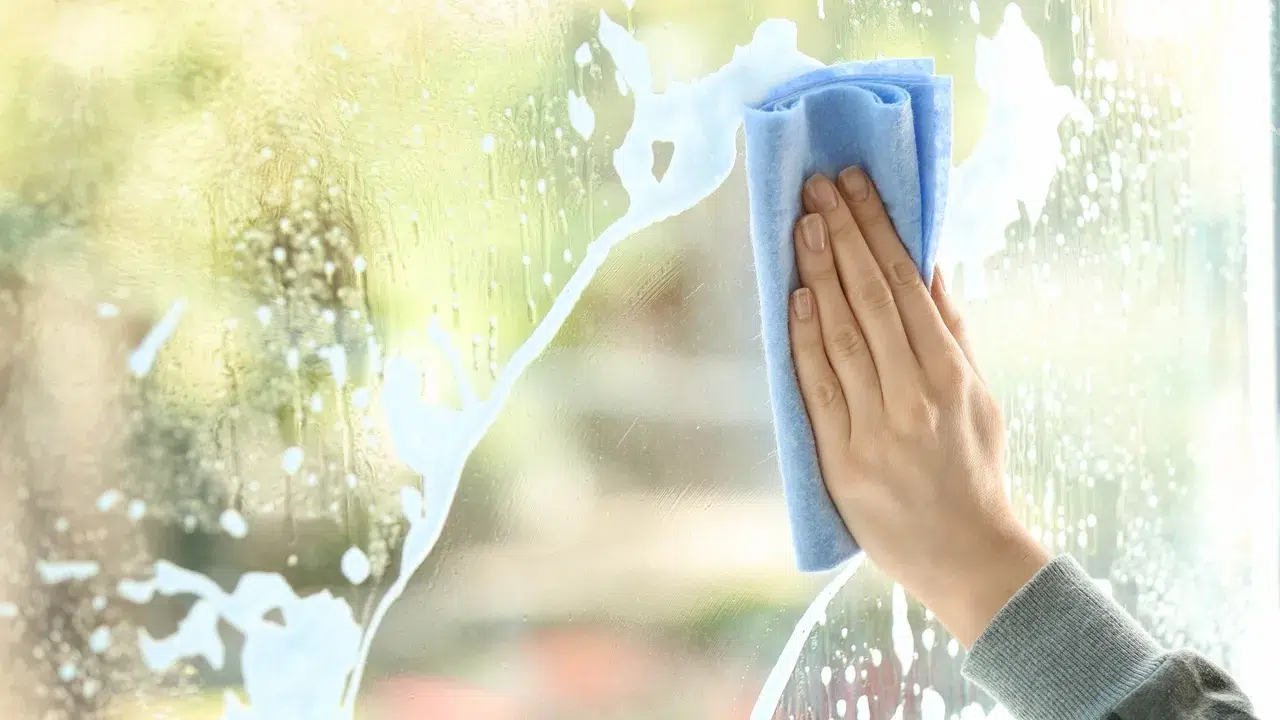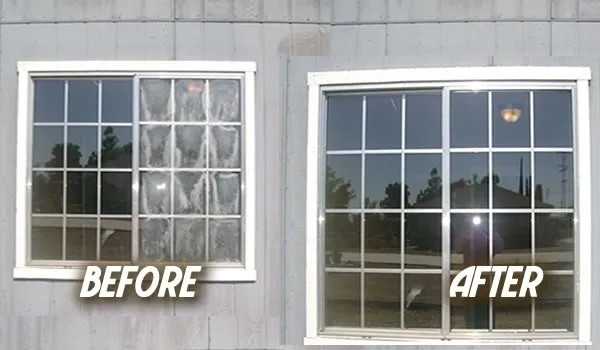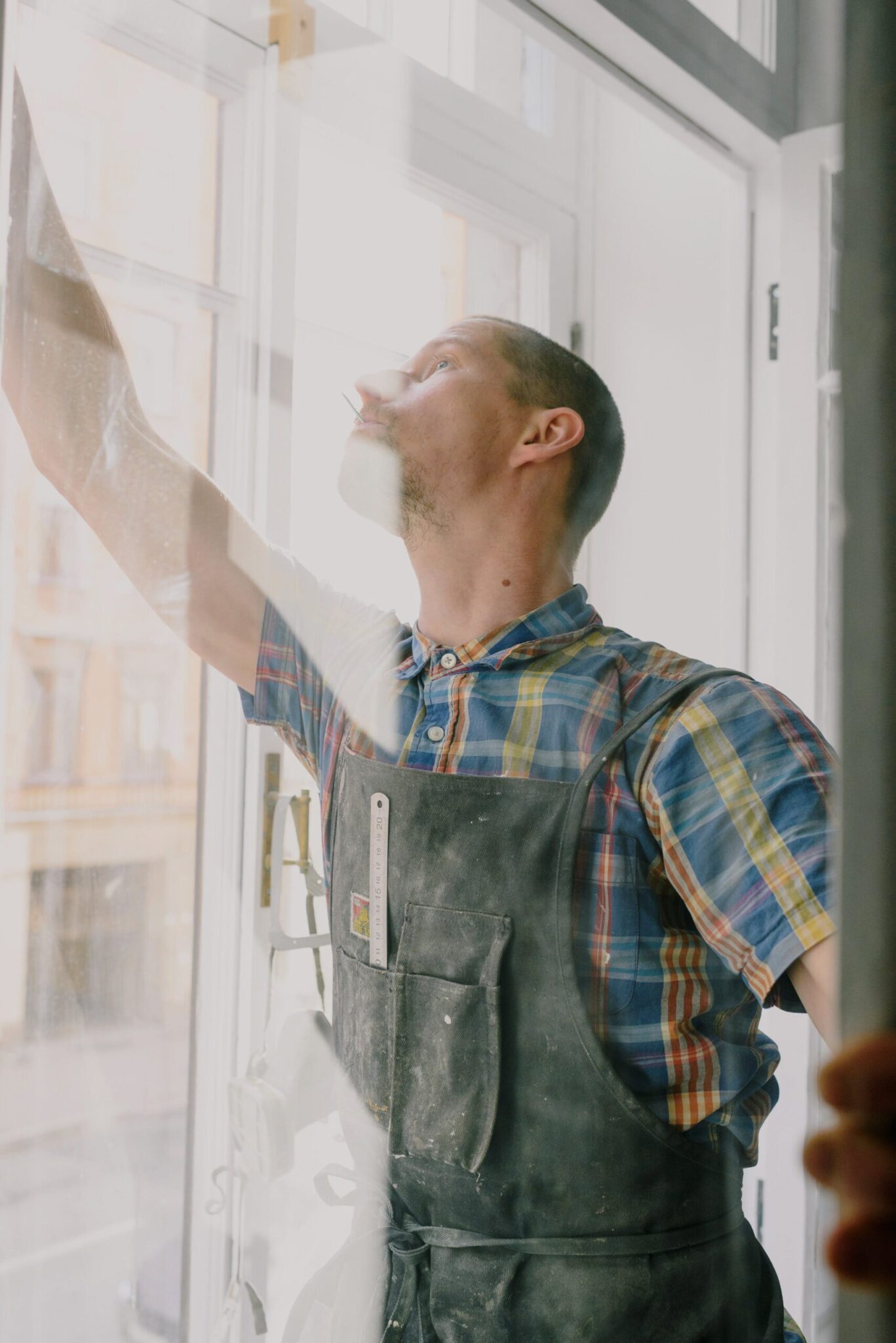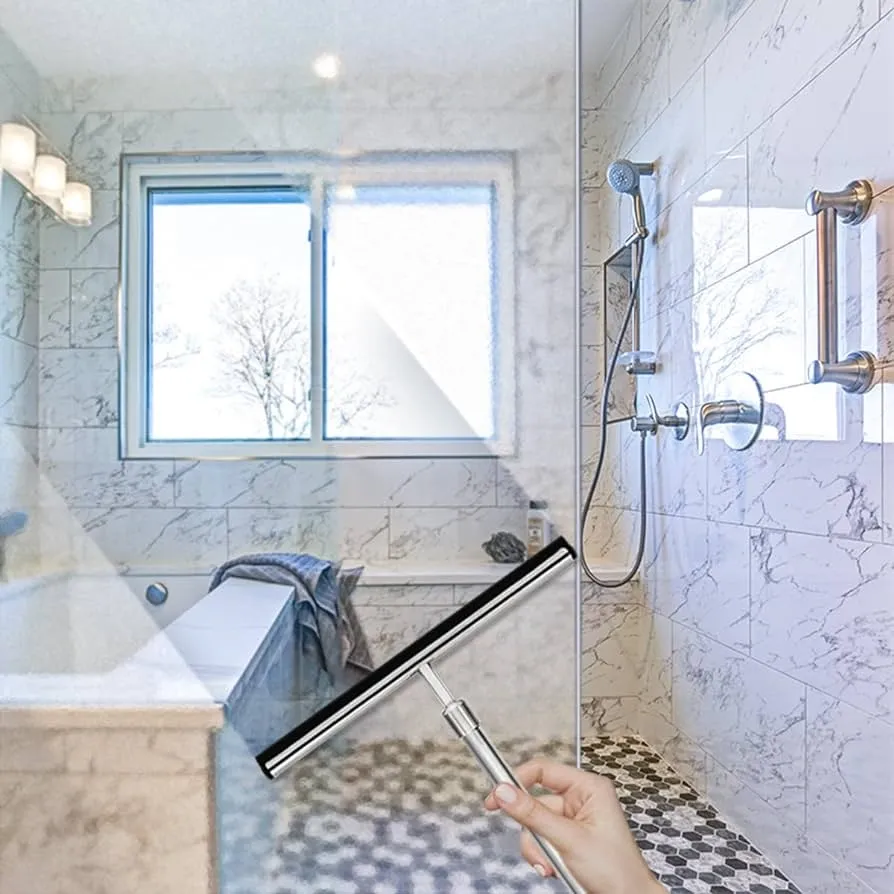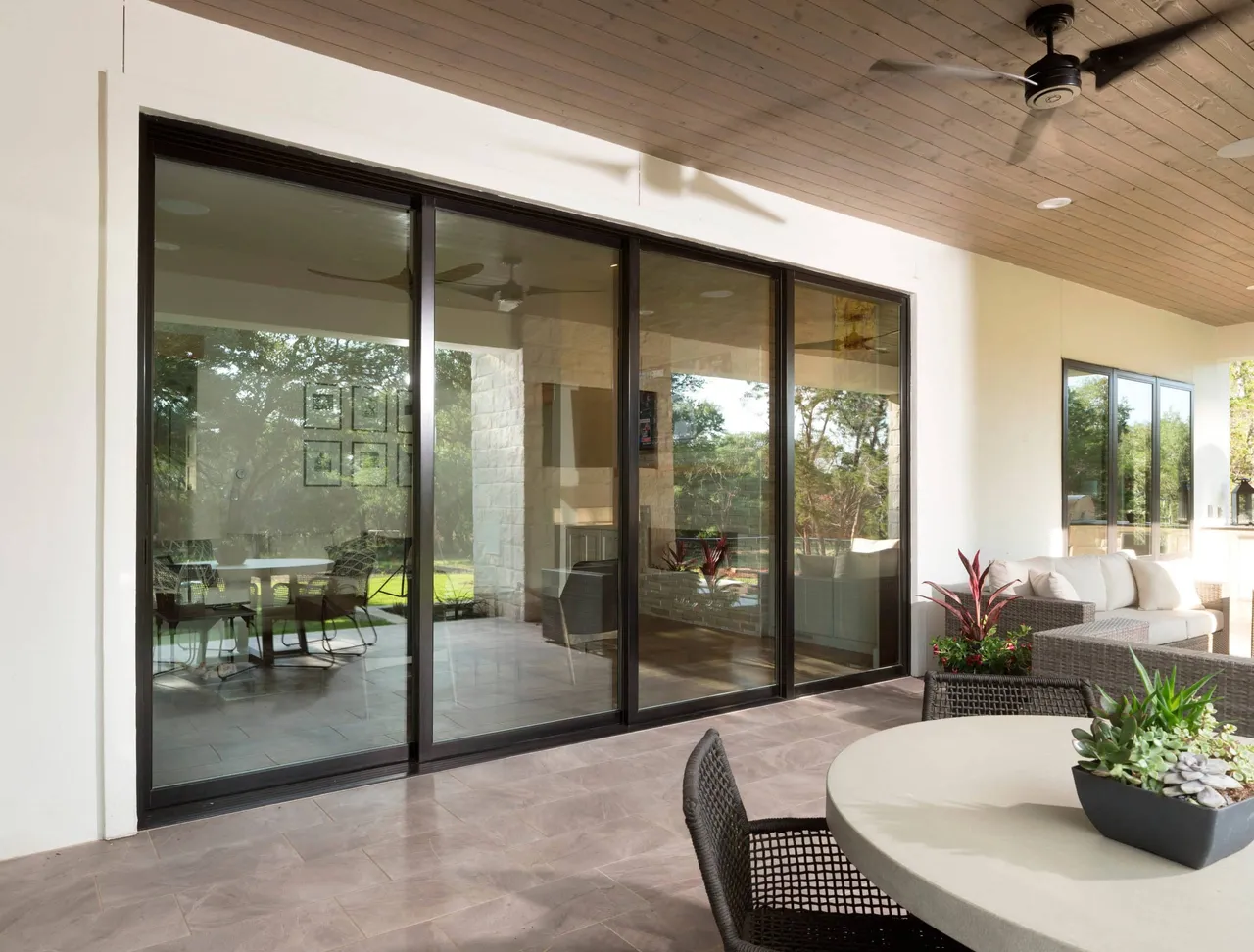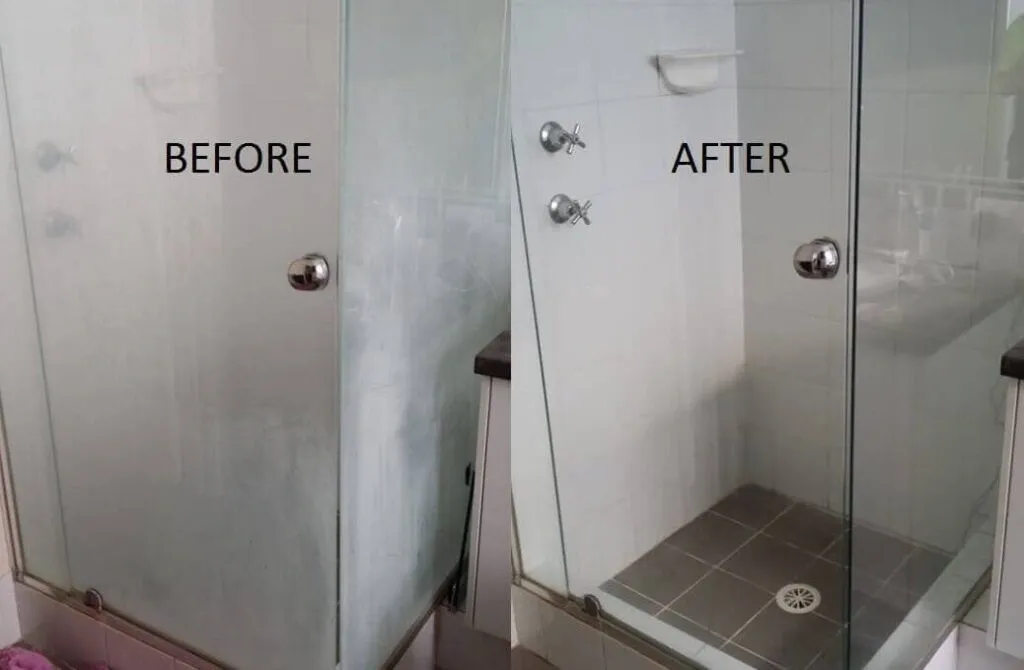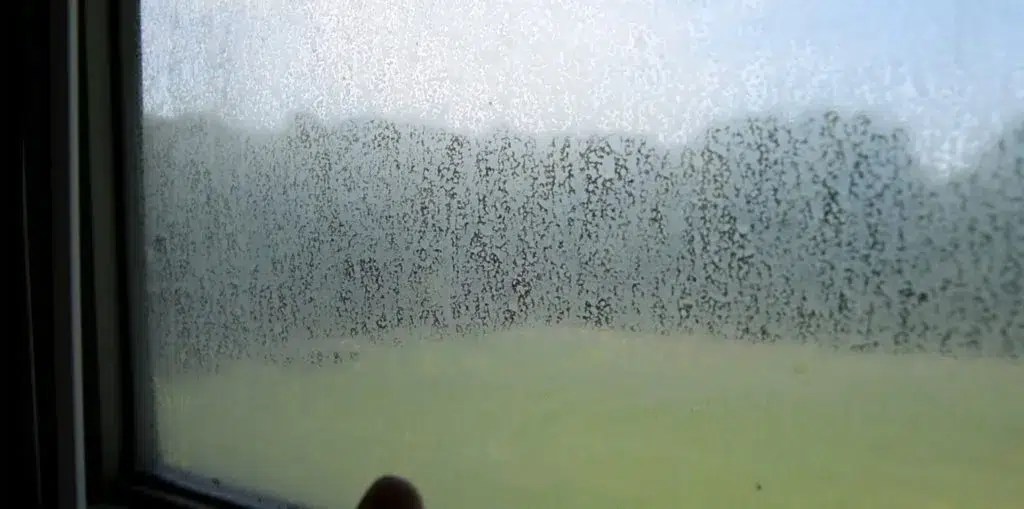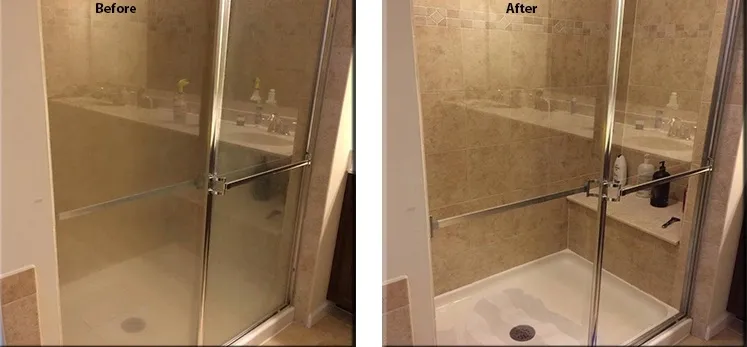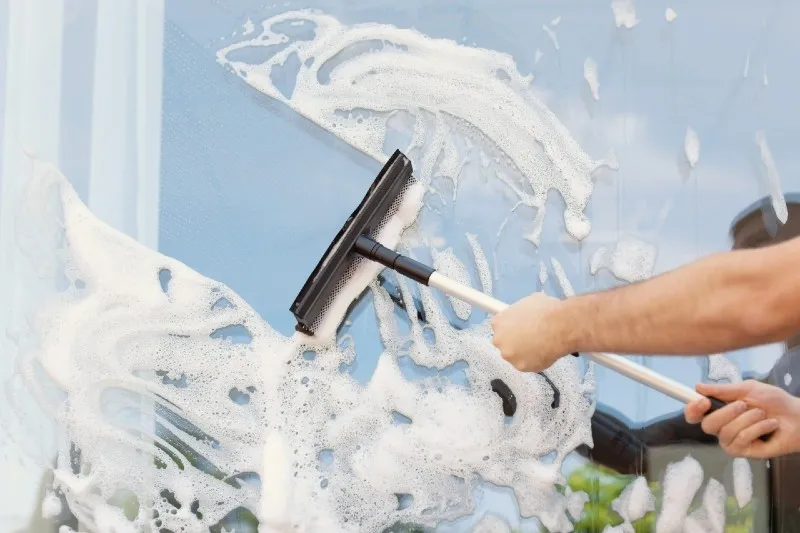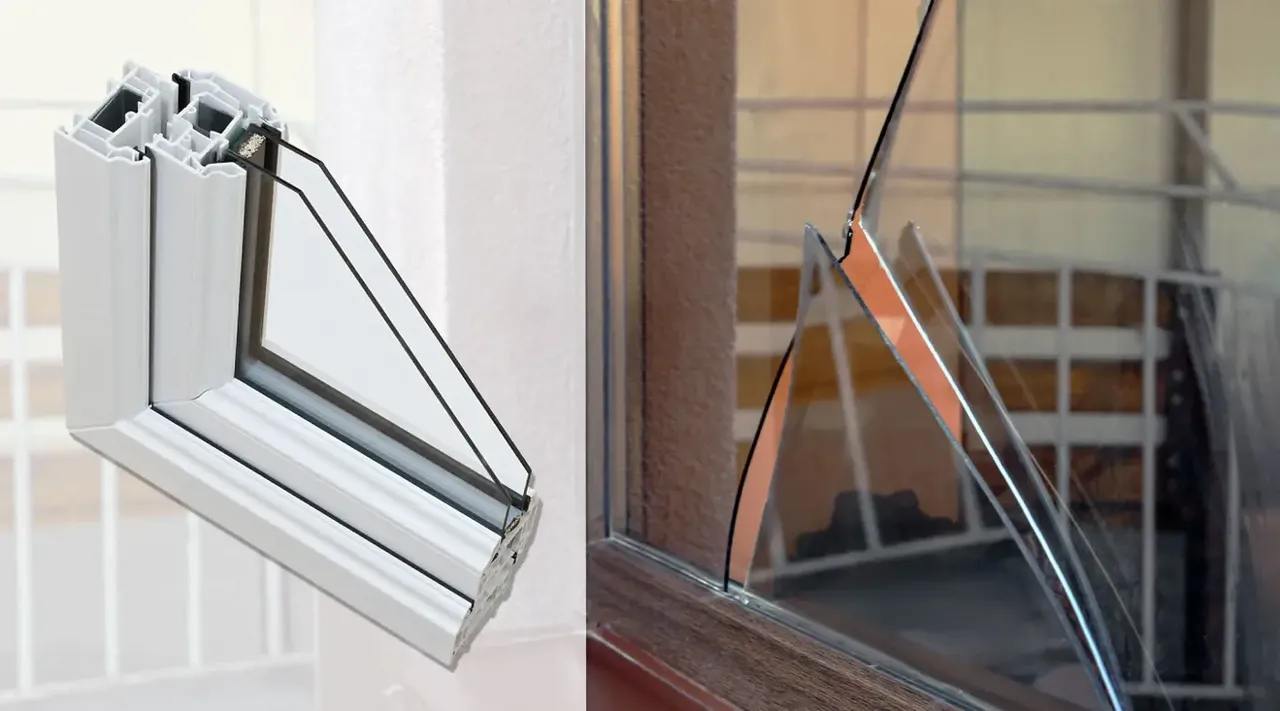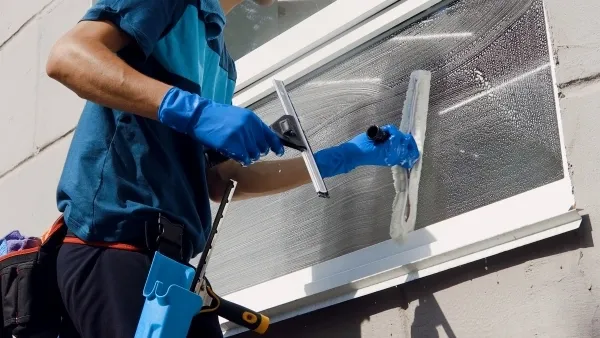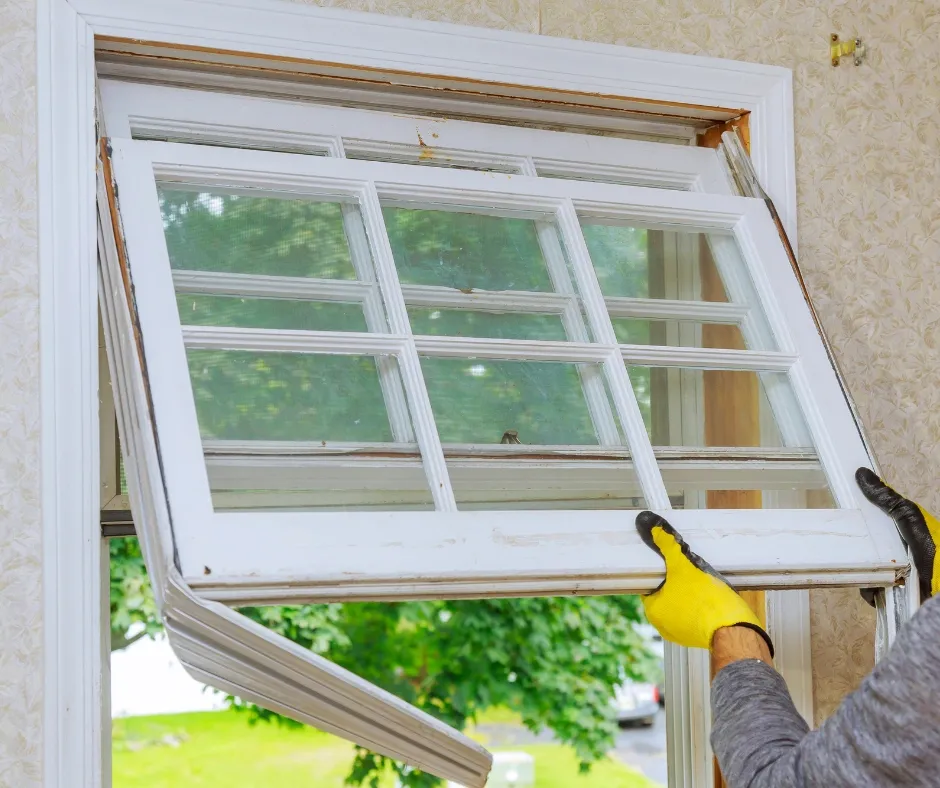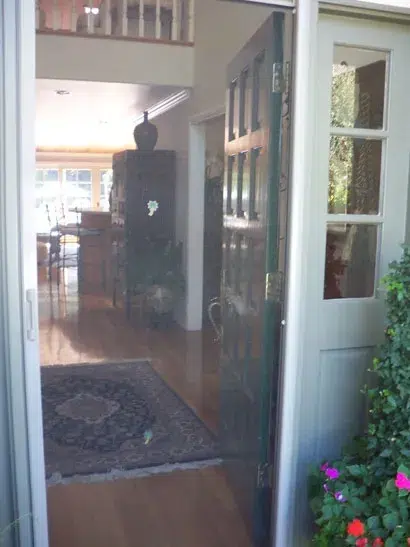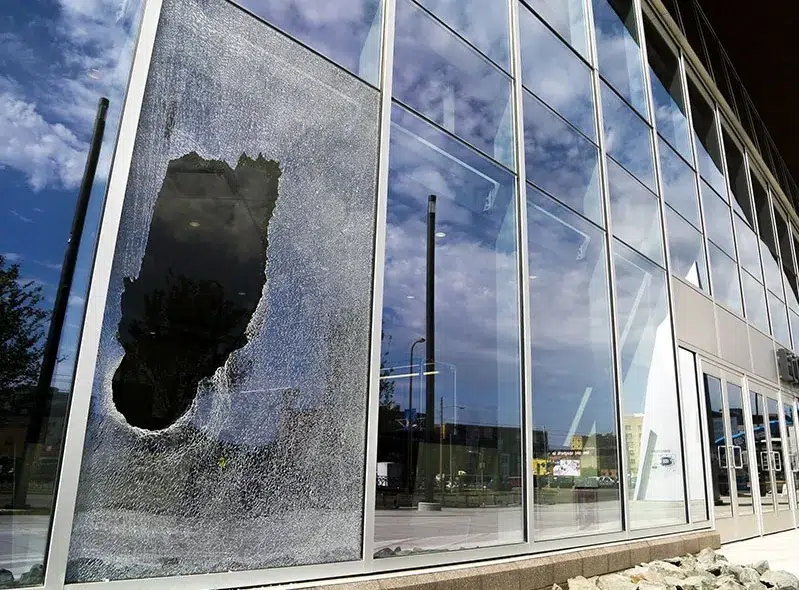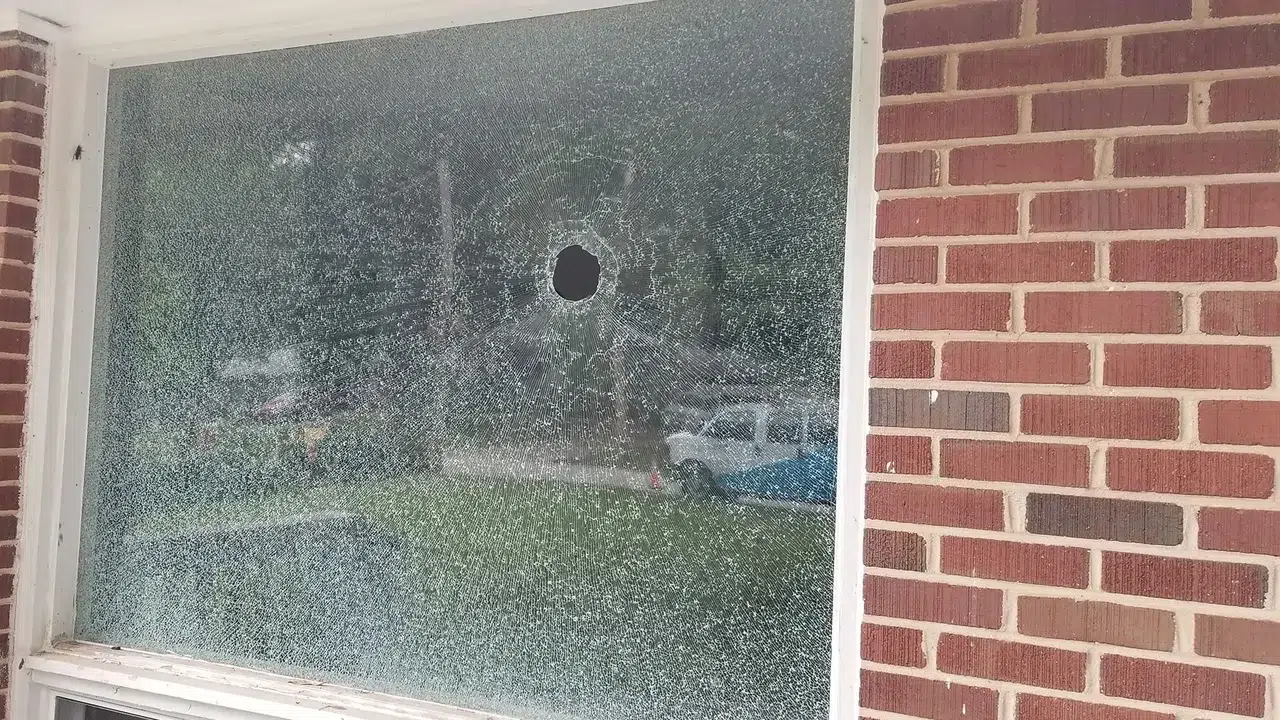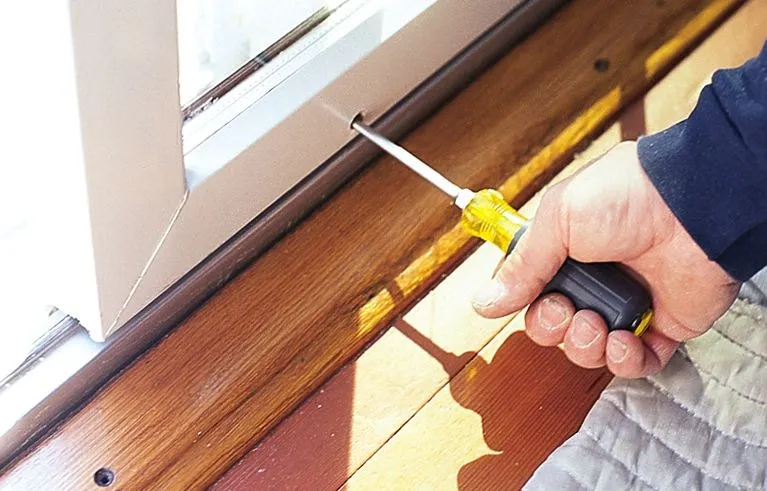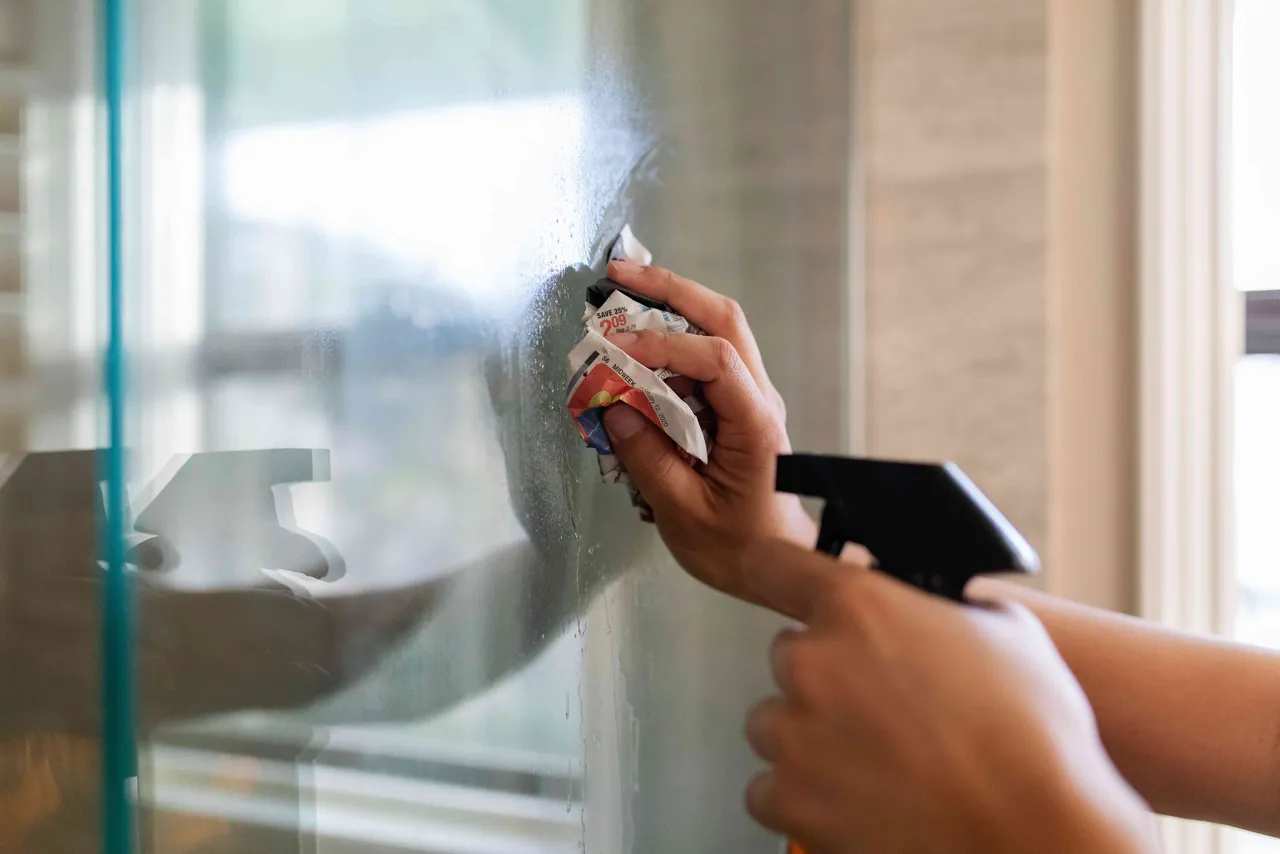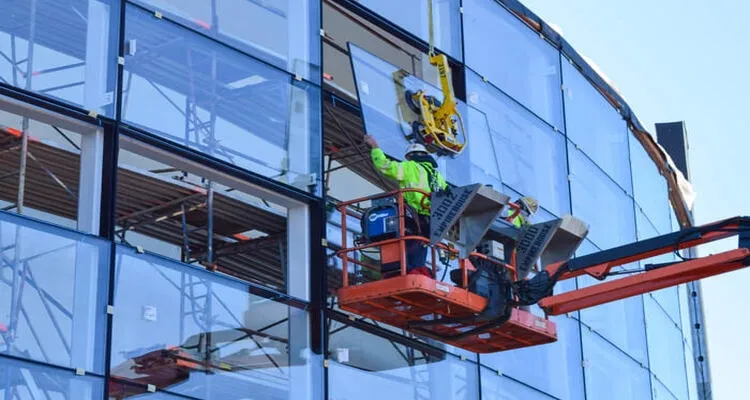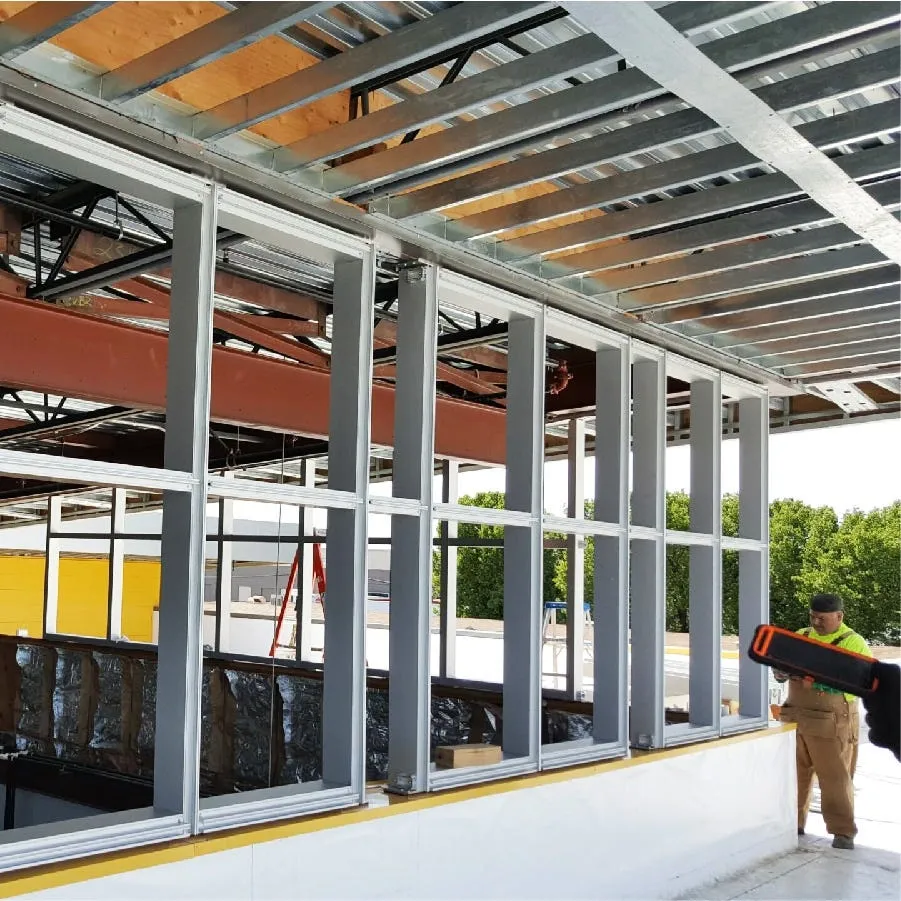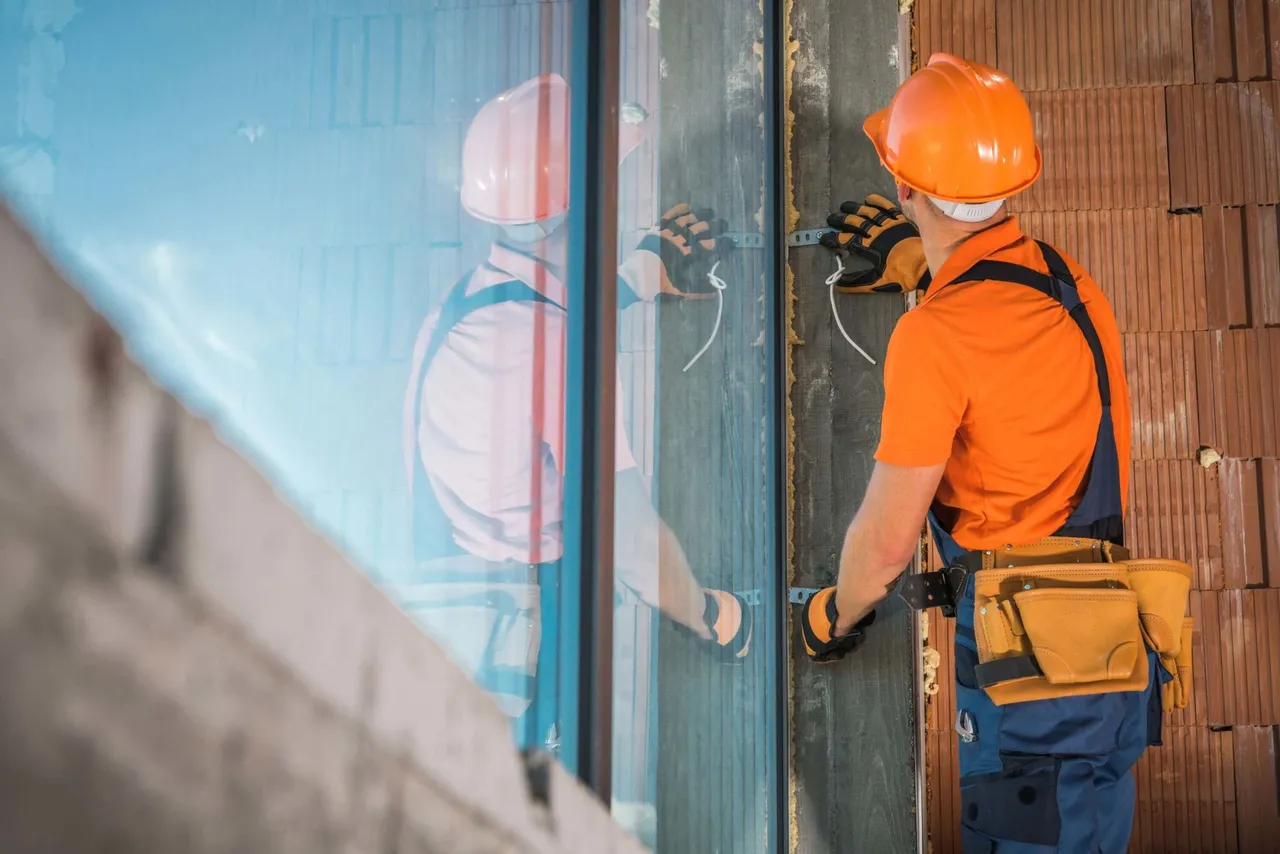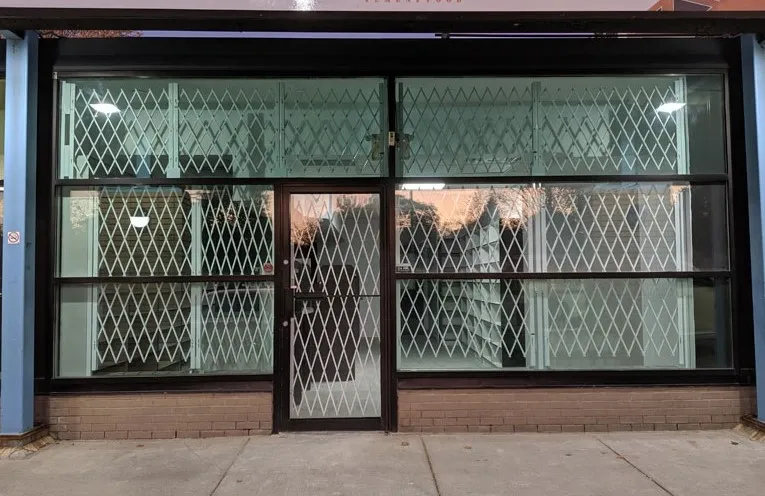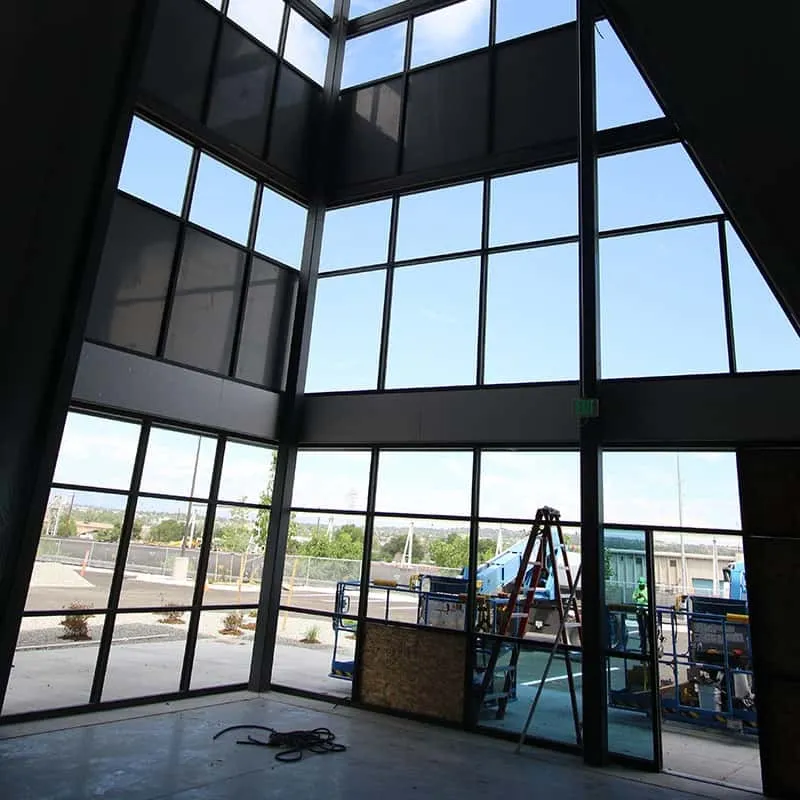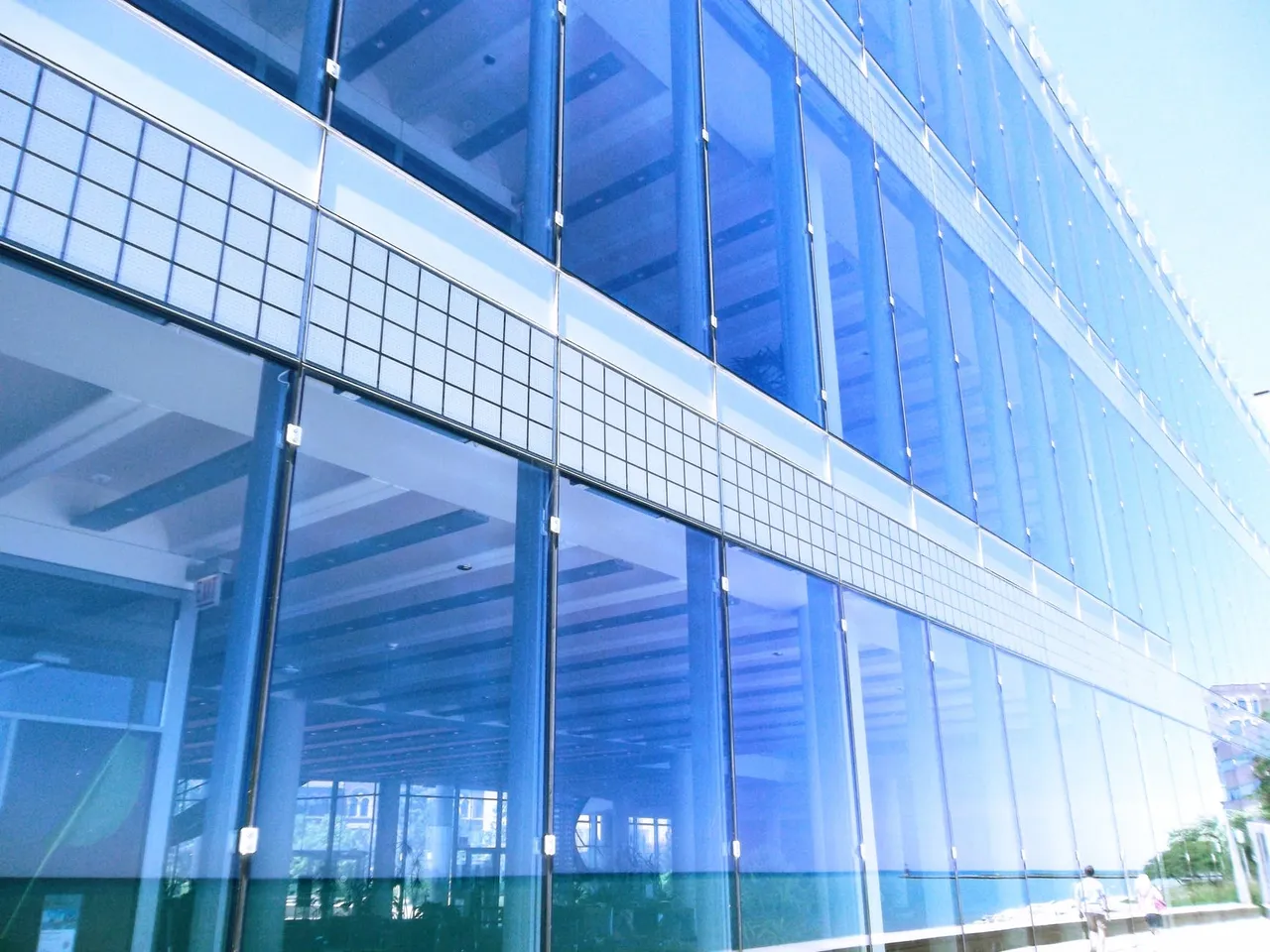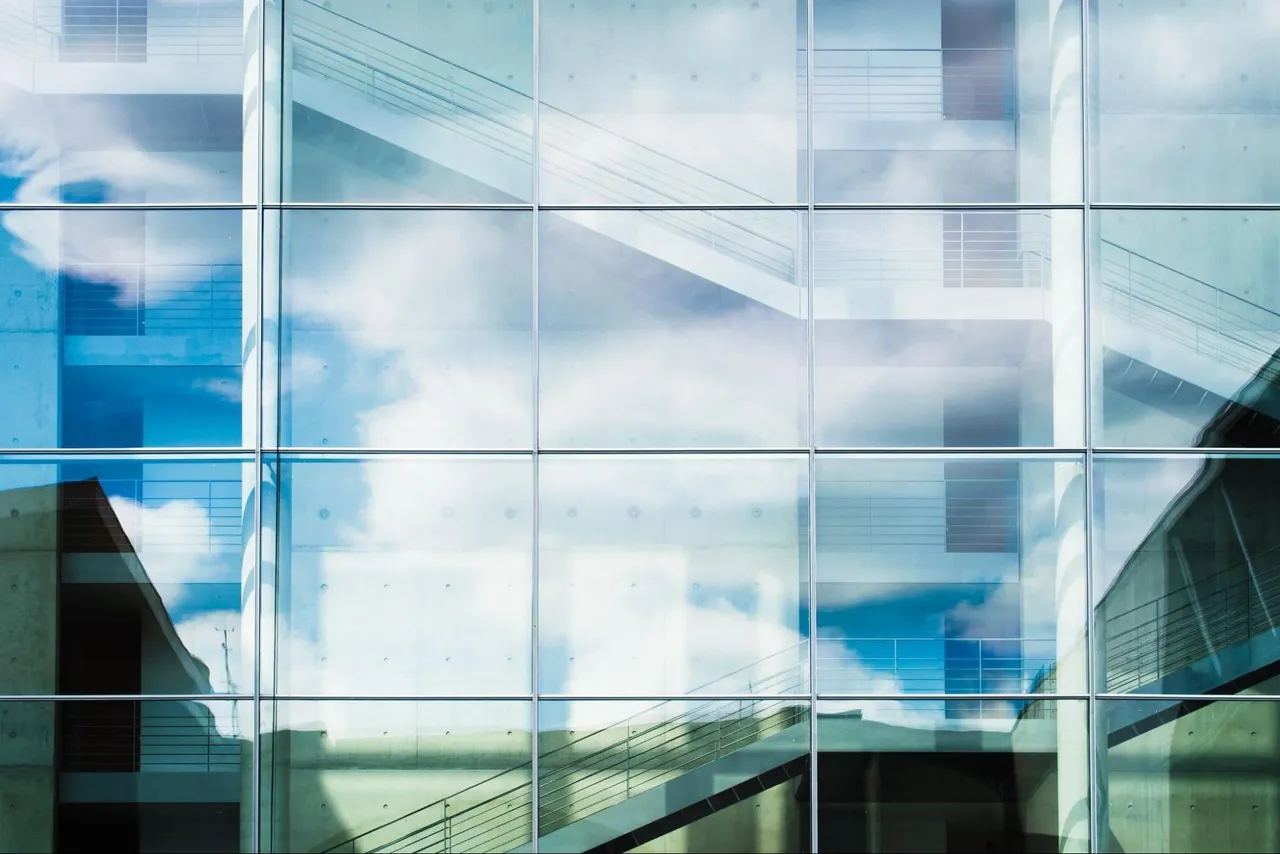How Glass Can Offer Fire Protection for Commercial Buildings
Fire safety is not just a necessary step but crucial when replacing, updating, or installing new glass in your commercial building. Without the right glass products, your property and the sensitive information it houses could be at risk from fire damage.
Why Fire Safety Matters in Commercial Buildings
Ensure that your property is equipped with the right materials and installations for fire safety. At Silver State Glass & Mirror, we prioritize your safety by offering high-quality, fire-rated glass solutions that meet the highest standards. Whether for residential, commercial, or industrial properties, our fire-resistant glass installations enhance your space’s aesthetic appeal and provide critical protection during emergencies.
Our experienced team of professionals works meticulously to precisely install fire safety glass, ensuring compliance with all fire safety regulations. Since 1953, Silver State Glass & Mirror has been a trusted name in Nevada, delivering cutting-edge glazing solutions committed to quality, safety, and customer satisfaction. Protect your loved ones and property by upgrading to fire-resistant glass today—because fire safety starts with preparation and the right materials. Trust Silver State Glass & Mirror to help safeguard your future.
Types of Fire-Resistant Glass for Commercial Buildings
Understanding the types of fire-resistant glass available is essential for making informed decisions that align with your building’s comprehensive fire safety requirements. Choosing the right fire-rated glass can make a significant difference in minimizing risks and enhancing the protection of your property during emergencies. At Silver State Glass & Mirror, we offer insights into the most effective glass options designed to meet modern fire safety standards.
Let’s explore two of the most commonly used fire-resistant glass types, each offering unique benefits to ensure your commercial building has the necessary fire protection measures. These glass types contribute to your property’s safety and support compliance with regulatory standards, providing peace of mind while enhancing the building’s functionality and design. Learn more about how these specialized glass solutions can safeguard your business against fire hazards.
Fire-Protective Glass:
While fire-protective glass may not offer the same level of robustness as fire-resistive glass, it serves as a crucial first line of defense in safeguarding against fire damage. Specifically engineered to contain the spread of flames and smoke, fire-protective glass is highly effective in preventing fire propagation within a structure for up to 180 minutes. This containment capability is vital in limiting the spread of fire, buying valuable time for building occupants to evacuate, and for emergency responders to arrive.
However, it’s essential to understand the limitations of fire-protective glass. Unlike fire-resistive glass, it does not provide a barrier against radiant heat transfer. This means that areas not directly exposed to flames may still be vulnerable to heat damage, underscoring the importance of selecting the appropriate glass type for specific applications.
Building codes and regulations typically govern the use of fire-protective glass, specifying its permissible square footage and applications. These guidelines ensure that the glass performs effectively within its intended role in fire protection, offering both safety and compliance. When paired strategically with other fire-resistant materials, fire-protective glass becomes integral to a comprehensive fire safety plan for commercial buildings.
Fire-Resistive Glass:
Here’s a comparison of fire-protective and fire-resistive glass: Fire-resistive glass is engineered to meet the ASTM E119 standard, indicating it has undergone testing and demonstrated its ability to withstand fire. Similar to fire-rated walls, this standard ensures its reliability. Furthermore, the International Building Code recognizes fire-resistive glass as a transparent wall, enabling its use as a barrier without obstructing the view. In addition to mitigating smoke and flame damage, this type of glass effectively blocks heat transfer. Fire-resistive glass has fewer limitations on square footage and applications than fire-protective glass as long as it is installed with heat-resistant framing.
Choosing the appropriate fire safety for your commercial building is a crucial decision. This can significantly impact the safety of your property. It depends on your requirements and end applications. Fire-protective glass may suffice if you’re dealing with a relatively small area that won’t house critical equipment. However, for buildings featuring expansive glass walls and housing-sensitive items, fire-resistive glass is the preferred option.
FAQs
1. What is the difference between fire-protective and fire-resistive glass?
Fire-protective glass is specifically engineered to contain flames and smoke within a structure for up to 180 minutes, offering critical time for evacuation and emergency response. However, it is important to note that this type of glass does not prevent radiant heat transfer, which can cause heat-related damage to adjacent, unaffected areas. Its primary function is ideal for spaces where smoke and flame containment is essential, such as windows and doors within compartmentalized areas.
In contrast, fire-resistive glass is designed to meet stringent safety standards, including ASTM E119, offering both flame containment and the ability to block radiant heat transfer. This dual functionality makes fire-resistive glass the superior choice for applications that demand comprehensive fire resistance, such as corridors, stairwells, and other critical egress pathways. By creating a barrier that prevents the spread of fire, smoke, and heat, fire-resistive glass ensures maximum protection for property and occupants, aligning with rigorous building code requirements for fire safety.
2. Can fire-resistant glass be used in any part of a commercial building?
Fire-resistant glass plays a versatile role in enhancing the safety of commercial buildings. Its application is tailored to meet specific fire safety requirements and adhere to local building codes. Fire-protective glass is commonly utilized in areas like doors, windows, and smaller partitions, where its primary function is to contain flames and smoke for a designated period. This makes it an ideal choice for spaces requiring limited fire barriers without radiant heat protection.
On the other hand, fire-resistive glass is designed for more demanding applications, providing fire containment and protection against radiant heat transfer. This makes it the preferred solution for larger areas requiring comprehensive fire resistance, such as transparent walls, stairwell enclosures, and expansive partitions. Its ability to maintain visibility while offering robust fire protection ensures safety without compromising the building’s design and aesthetics. Whether it’s for compartmentalizing smaller spaces or safeguarding critical egress routes, fire-resistant glass is essential in modern commercial building fire safety strategies.
3. How does fire-resistant glass contribute to fire safety in commercial buildings?
Fire-resistant glass is critical in modern fire safety systems, providing a robust barrier against flames, smoke, and radiant heat transfer. By containing fire to its point of origin, this specialized glass plays a pivotal role in slowing the spread of fire within a building. This not only safeguards occupants by creating safer pathways for evacuation but also buys valuable time for first responders to perform firefighting and rescue operations.
Moreover, fire-resistant glass minimizes structural damage by preventing the fire from extending to other areas, helping to preserve the integrity of the building. Whether used in doors, windows, partitions, or transparent walls, it is a protective measure and a compliance tool to meet stringent building codes. Integrating fire-resistant glass into your building’s fire safety strategy significantly enhances protection for people and property, ensuring a safer environment and reducing potential losses during a fire emergency.
At Silver State Glass & Mirror, our experts guide you through various glass options. These include fire-safety and fire-resistant glass to protect your building against fire damage. With a proven track record of serving over 800 businesses across Las Vegas, Nevada, we’re confident handling any project, including replacing a broken storefront window or integrating glass into a new build-out. Therefore, don’t hesitate to contact our professional team today for a quote for your project.
